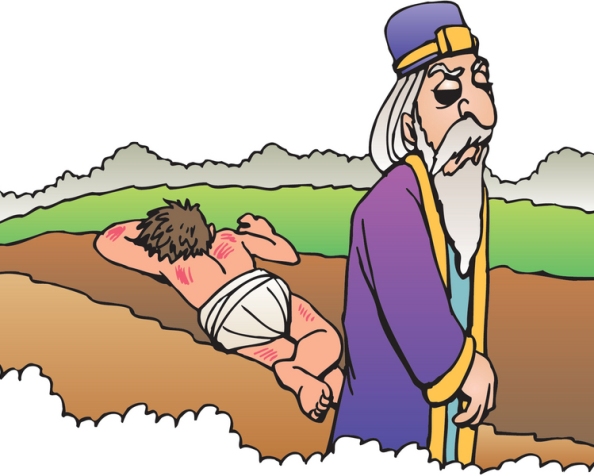“But what about you?” [Jesus] asked, “Who do you say I am?”
I had been ordained nearly five years, it was the early 1990’s, and I was driving with a colleague to a retreat center for a meeting of women clergy. I turned to my pastor friend and asked, “So who do you think Jesus is?” She looked at me stunned. “Don’t you think we should’ve figured that out by now?” she asked. Hmmmm … I was terribly embarrassed. Of course, she was right. I was a pastor in the Presbyterian Church. To be ordained I had taken Hebrew and Greek, I successfully passed five ordination exams, I took courses in theology, I wrote a 15 page statement of faith, I confessed my faith in Jesus Christ as my Lord and Savior so many times … but, there I was, asking, myself really, “who do you think he is?” No, I didn’t have it all figured out, because I have come to realize that it’s something we figure out over and over and over again.
That was the beginning of, what I call, my “Jesus Christ” stage. I had spent most of my faith attention up until then focussing on the first person of the trinity. God, the creator. I had accepted Jesus as God incarnate, but it was an acceptance of a truth, not the uncovering or revelation of the truth. It was what I had learned by heart, a rote and pat answer. For the next ten years I worked at really “fleshing out” my christology. I read all I could find about the historical Jesus. I found myself drawn to the distinction between the Jesus of history and the Christ of faith. I reconnected with the humanness of Jesus. I related to the stories of his temptation, his weeping with his friends at the death of Lazarus and over the city of Jerusalem. I imagined him tired after a long day of preaching and getting away to a private spot to pray. I felt his anxiety, longing, and fear as he prayed in Gethsemane. And I heard him almost asking himself the question, “who am I?” as he questioned his disciples.
Bono, of U2, shared his answer to the question, “What or who was Jesus?” in a fairly recent interview here. He answered,
I think it’s a defining question for a Christian … who was Christ? And I don’t think you’re let off easily by saying a great thinker or a great philosopher … Because actually he went around saying he was the Messiah. That’s why he was crucified. He was crucified because he said he was the Son of God. So, he either, in my view, was the Son of God, or he was … nuts. Forget rock ‘n roll messianic complexes, this is Charlie Manson type delirium. And, I find it hard to accept that a whole … millions and millions of lives, half the earth, for two thousand years … have felt their lives touched and inspired by some nutter.
Jesus Christ, fully human, fully divine. (see this blog post in the Huffington post on the historical shift from Jesus to God). This chapter of The Story really shows that dichotomy. He is the Messiah, he raises people from the dead, he is the resurrection, he is transfigured into a radiant being and walks with Moses and Elijah. Yet, the religious leaders question his messiahship … because he’s just a man. We know where he’s from. We know his parents. He’s from Nazareth. And we already heard, “can anything good come from Nazareth?”
I believe. I believe the very humanness of Jesus allows him to be an accessible and visible face of God for us. Jesus Christ, fully human, fully divine. And, yet, I think it’s perfectly ok … even a good idea … to ask ourselves the question over and over and over. Because every time we ask the question, we grow in our understanding. The answer may become clearer, it may become muddier. But unless we ask the question, the nature of Jesus Christ is only a rote and pat answer … One we figured out a long time ago … not one that is necessarily real and present with us now.







